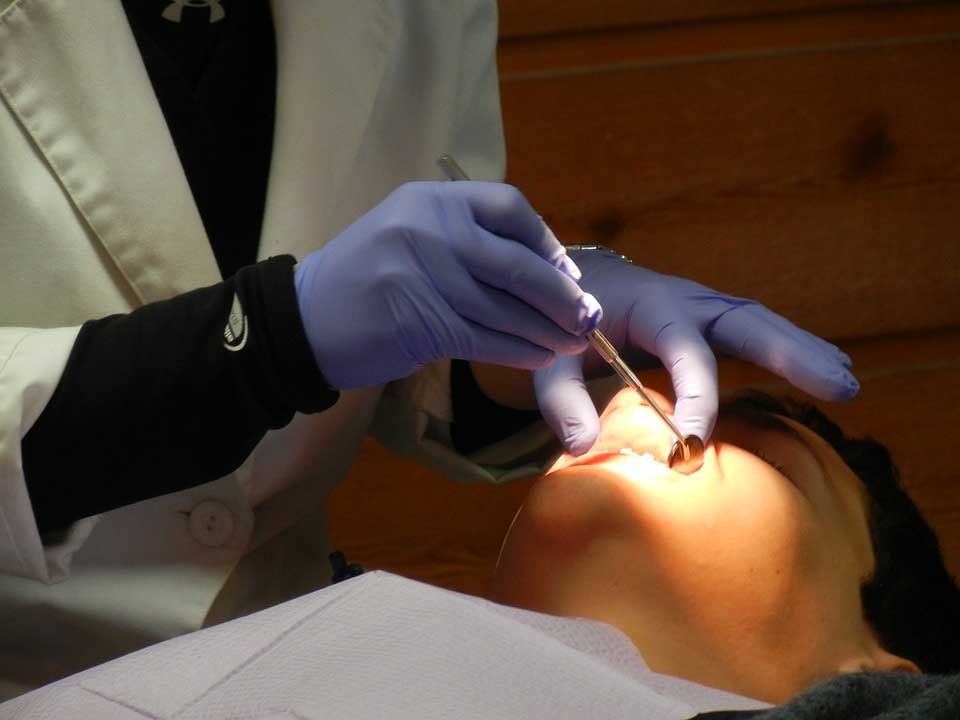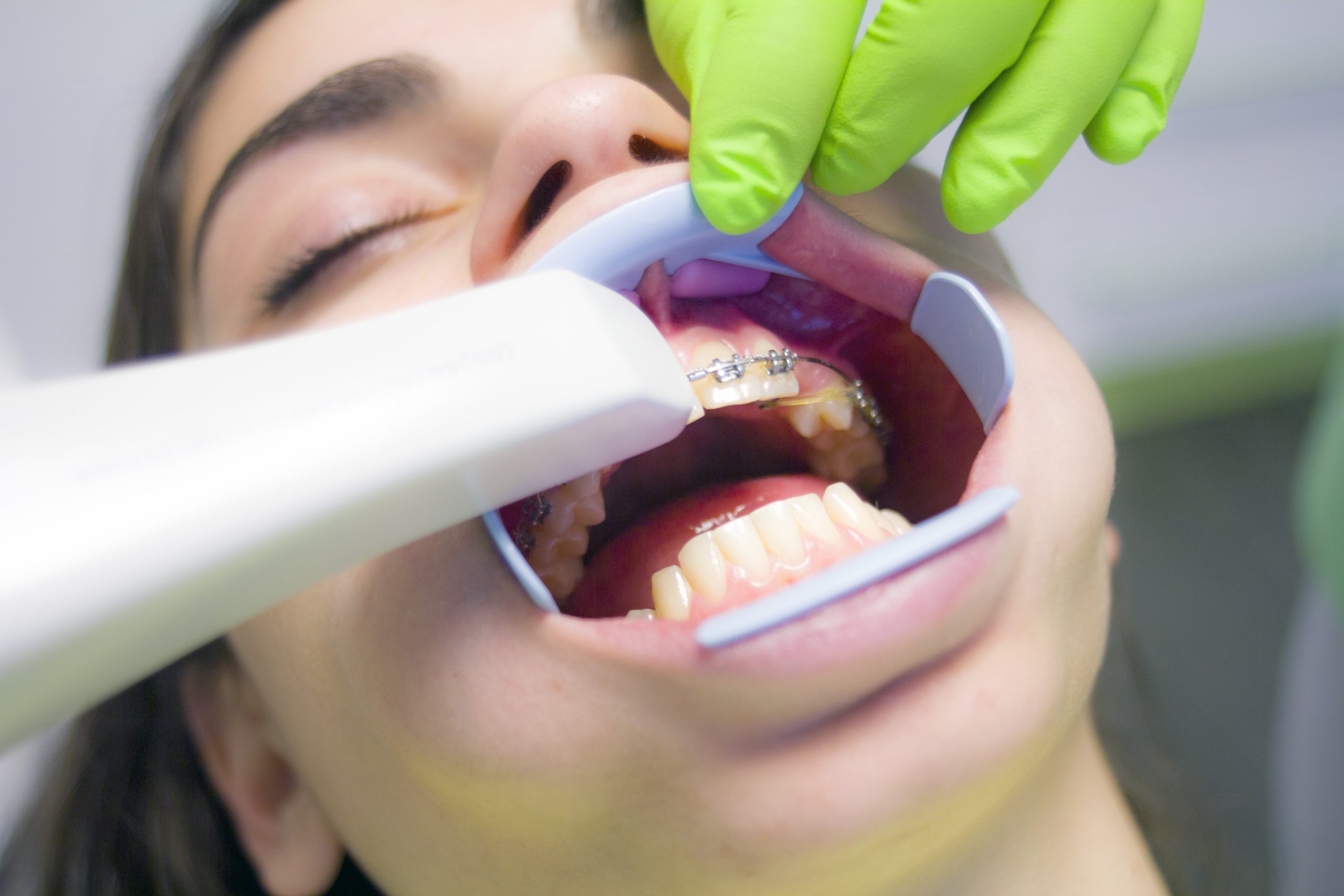Can Teeth Whitening Cause Sensitivity? Tips for a Pain-Free Experience
Who doesn’t want a dazzling white smile that lights up a room? Teeth whitening has become a popular cosmetic procedure, as many seek that perfect set of pearly whites. But with great beauty often comes great sacrifice. A common question arises — can teeth whitening cause sensitivity? The answer is yes, but don’t fret! We’re here to guide you through understanding why this happens and share tips for achieving a bright smile without discomfort.
Understanding Tooth Sensitivity
Tooth sensitivity is a common dental problem involving discomfort or pain in your teeth when they’re exposed to certain substances and temperatures. When it comes to teeth whitening, the process often strips the outer layer enamel, exposing a porous layer called dentin. It’s this interaction with the dentin that causes nerves to react, resulting in that familiar twinge of sensitivity.
Most whitening products use chemicals such as hydrogen peroxide or carbamide peroxide to remove stains. These chemicals can lead to temporary thinning of the enamel, making the teeth more vulnerable to temperature changes and sugary foods — hence the sensitivity.
Ways to Minimize Sensitivity from Whitening
Choosing the Right Whitening Product
One of the first steps towards ensuring a pain-free experience is selecting the right product. Consultation with a dental professional can help you determine which product suits your dental health needs. Professionals at a reputable dental office San Francisco can provide guidance tailored specifically to your teeth’s sensitivity levels.
Over-the-counter products may promise quick results but tend to have higher concentrations of peroxide, which can exacerbate sensitivity. Opt for dentist-recommended brands, designed with considerations for sensitive teeth.
Pre-Treatment Care: Prepping Your Teeth
Preparing your teeth before diving into the whitening process can also help mitigate discomfort. Using toothpaste specifically designed for sensitive teeth a couple of weeks before commencing whitening can strengthen your enamel and reduce sensitivity. These toothpastes usually contain potassium nitrate or stannous fluoride, which help block pain signals.
Additionally, scheduling a cleaning appointment can ensure your teeth are in the best possible shape before treatment. Plaque or tartar can interfere with the whitening process and might contribute to uneven results or added sensitivity.
During and After Treatment: Take it Easy
When undergoing a whitening treatment, whether at home or with a professional, patience is key. If sensitivity arises, consider spacing out treatments farther apart. Gradual whitening may reduce discomfort and allow enamel time to recover.
Ensuring good oral hygiene post-treatment is crucial. Brush gently with a soft-bristled toothbrush and continue using toothpaste for sensitive teeth. Avoid extremely cold or hot food and beverages immediately following whitening to prevent aggravating the nerves.
Consulting a Professional for Safe Teeth Whitening
Seeking advice from a skilled dentist is a vital step in safe and effective teeth whitening. Professionals can monitor your progress and offer advice on managing any side effects, such as sensitivity or gum irritation. It might be worthwhile to find Azure Dental on Google Maps for expert advice and tailored treatments.
Professionals can offer in-office whitening options which are typically more controlled and carry less risk of sensitivity than home kits. These treatments can swiftly give your smile a considerable lift, with the added reassurance of safety under a professional’s care.
Customized Treatments for Comfort
Each smile is unique, and so are the paths to achieving that sparkling white shade. Professional dental services can customize treatments by adjusting the concentration of whitening agents based on your tolerance. This precision makes such treatments a reliable choice for those prone to sensitivity.
Avoid the one-size-fits-all approach of over-the-counter kits to prevent unnecessary pain. Dental professionals take care to protect your gums and other oral tissues while guaranteeing your results are uniform and safe.
The Role of Enamel in Tooth Sensitivity
The outer layer of your teeth, the enamel, plays a critical role in protecting your teeth from external stimuli that cause pain and discomfort. Understanding the importance of your enamel is crucial in navigating teeth whitening sensibly. Maintaining robust enamel is key to minimizing sensitivity.
Enamel can be rehabilitated through fluoride treatments and an appropriate diet that avoids acidic foods and beverages that degrade this essential protective layer. Following a dental expert’s advice on enhancing enamel health could extend the life and comfort of your whitening results.
Dietary Considerations for Enamel Health
Foods high in calcium, such as cheese and yogurt, can support strong enamel. Additionally, leafy greens and nuts can provide vital nutrients that contribute to dental health. Streamlining your diet to include such ingredients can fortify your teeth from within.
Water consumption also plays a crucial role in washing away acids and sugars that can afflict your enamel. Regularly hydrating helps maintain mindful oral hygiene and supports enamel longevity, aiding a smoother whitening journey.
Maintaining White Teeth without Compromise
Once you’ve achieved that beautiful smile, maintaining it becomes the goal. Adapting certain lifestyle habits can help keep your teeth white for longer, potentially reducing the frequency and needed intensity of future whitening treatments.
Avoiding staining substances like coffee, tobacco, and red wine can preserve your teeth’s whiteness. When consumption of these is unavoidable, thorough rinsing or brushing afterward can help maintain your teeth’s hue. Ensuring regular dental check-ups will also keep a close eye on your oral health and enable early prevention or treatment of any potential issues.
Alternative Cosmetic Options
If sensitivity remains a concern despite best efforts, consider less invasive cosmetic options. Dental professionals offer a range of services ensuring the aesthetics of your smile while prioritizing comfort and health. For example, safe and pain-free tooth removal might address other concerns that impact dental aesthetics.
Long sought after for aesthetic perfection, veneers or bonding can offer a permanently white appearance without the ongoing sensitivity, as they do not require repeated whitening processes. Discussing these possibilities with a trusted dentist can lead to solutions tailored for both beauty and health.
All in all, teeth whitening can be comfortably achievable with proper consultation and care. By prioritizing health alongside aesthetics, you can achieve the brilliant smile you desire without compromising comfort.















